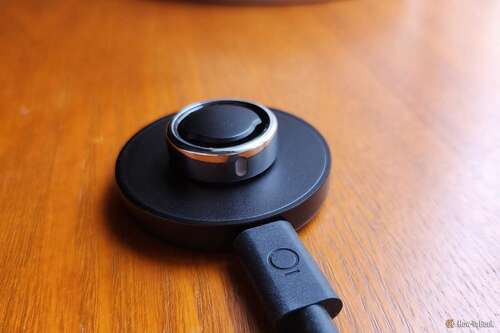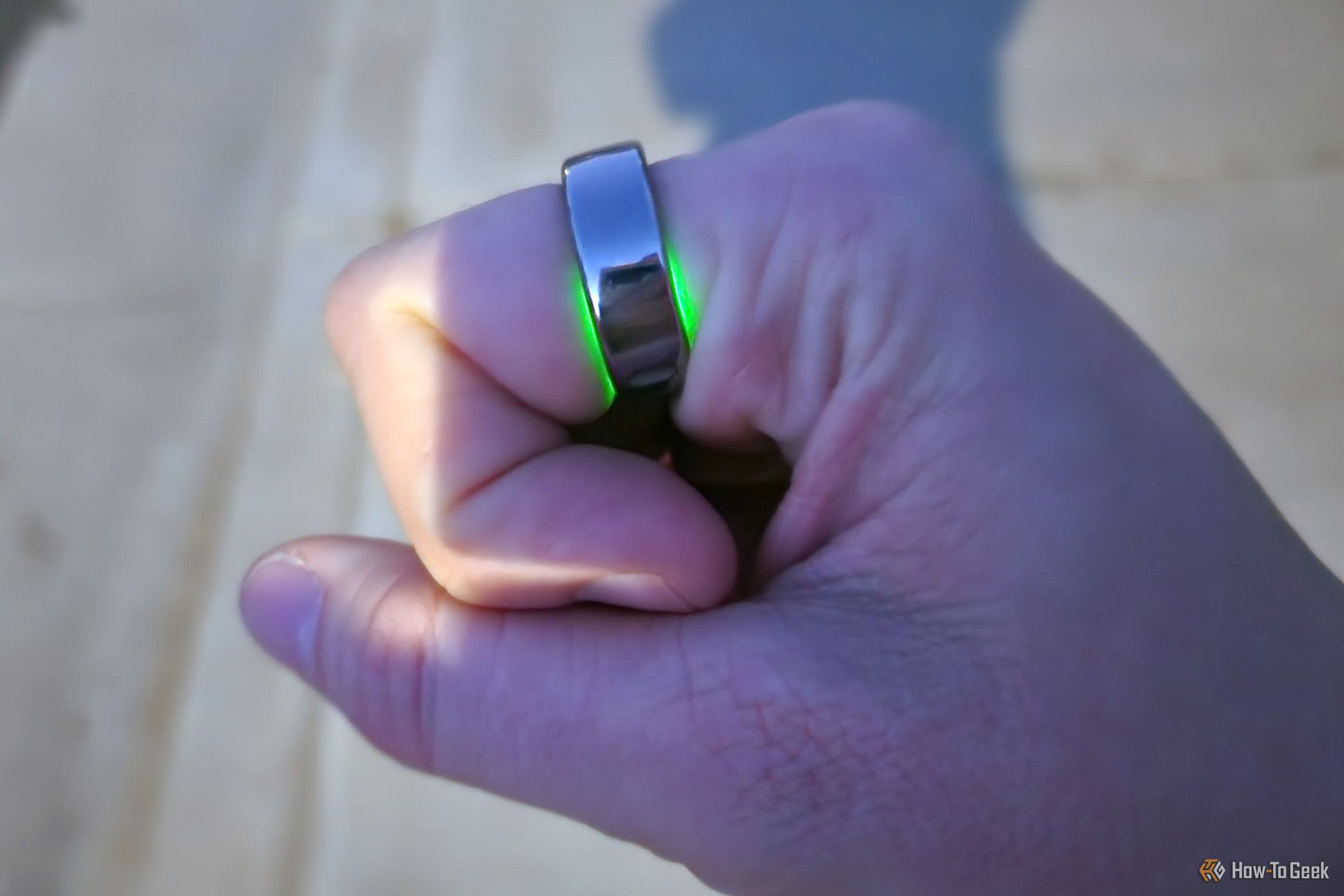A smart ring can track your health and fitness without being as obtrusive as a smartwatch or fitness band. A smart ring is small and amazingly powerful, but before you take the plunge there are some things you should know about wearing one.
I was initially skeptical about the smart ring category until I started wearing an Oura ring. After wearing one daily for the last six months, however, I’m more sold than ever. The Oura ring specifically has shed light on what kinds of health data can be gathered in a small device. Although Oura is the premier choice at the moment, Samsung is about to enter the fray with its Galaxy Ring. There’s even a rumor that Apple may get into the space too.
Smart Rings Need to be Worn Continually to Unlock Their Full Potential
During my time with Oura’s smart ring, I’ve been able to compare it to other wearables like the Apple Watch Ultra 2 and Withings ScanWatch Light. One of the biggest differences I’ve noticed is that even more than smartwatches, the Oura ring wants to be worn constantly, 24 hours a day, so that it can get an ongoing base level for different metrics, like stress.
I wore it all day, every day for several months but eventually needed to take it off while sleeping because of an unrelated issue in my hand. I found that despite wearing the ring the whole time I was awake, I stopped getting the holistic picture it wanted to tell.
A big part of Oura’s metric system is analyzing past sleep and daily activity to let you know how hard to push the current day’s exercise. When I stopped wearing the ring at night, I started missing out on a lot of that data. If you only plan on wearing the ring during exercise or part of the day, be aware that you may miss out on a lot of benefits a ring can provide.
Multiple-Day Battery Life Can Be Tricky
Despite the Oura ring having roughly a week-long battery life, I still had trouble keeping it charged. Because it doesn’t need to be powered up every day, I tend to forget to stick it on its charger for an hour or two every so often.
For me, the solution was making a recurring to-do reminder, so every four days or so, around a certain time that I should be sitting at my desk typing, I can set the ring in its cradle to give it more juice.
The Apple Watch can be used to track sleep too so you may already have a solution for non-daily charging times. But coming from an Apple Watch that I do charge every night, charging a ring took some getting used to.
You Need to Continually Open the App for Syncing
Similarly to remembering to charge the ring on an odd schedule, I occasionally found myself forgetting to open the app regularly to sync its data. An Apple Watch or even a Pixel Watch on Android will seamlessly siphon health data back and forth to its hub in the background with little user interaction. The same isn’t really true for third-party wearables, like a ring from Oura. Wearers will need to open the app regularly to sync its data. After a certain time without syncing the past data could be overwritten or lost.
If you’re obsessed with checking your readiness and other daily info, you shouldn’t have a problem with this. But if you tend to be more passive about tracking data, you’ll want to set up a reminder for this too.
A Ring’s Data May Differ From a Smartwatch’s
I still use an Apple Watch along with my Oura ring. There are things that each can do that the other can’t. That’s fine. Just be aware that for the areas they do overlap, the data each collects probably won’t match up perfectly.
The biggest reason for the data being different is that each device is collecting it from different parts of your body. Each manufacturer is taking readings, either on your finger or your wrist, and then making its own calculations for how that information translates to more applicable metrics.
I let all the information sync to Apple Health from both devices, but if you don’t want certain items to be logged, then inside the Apple Health app you can toggle which items you don’t want stored in the central repository. More than specific numbers, you should keep an eye on your device’s tracking consistency. Personally, I’ve been blown away by the Oura ring’s ability to automatically detect runs and be consistent with tracking fitness from my finger.



